
Brian Nelson, a native of Spicer, Minnesota, won the 1976 and 1978 I-500 cross-country snowmobile race, and he’s owned and operated a snowmobile tour company and a boat dealership. Now at 59 years old, Nelson is getting back into snowmobile racing, but instead of jumping snowmobiles off of road approaches and taking checkered flags, he’ll be calling the shots. We caught up with Nelson recently and talked about his new race circuit and how it will cater to new riders. Is there any chance that a point-to-point I-500 cross-country race will run again?
Snow Goer: For people who have never watched a cross-country snowmobile race, how would you describe it to them?
Brian Nelson: There are hundreds and hundreds of cars that follow it down the road and watch it. When you’re [racing] down a ditch … you look up and there are rows and rows of cars following you down the ditch and almost every one has got a camera hanging out the window and they’re taking pictures and they’re videoing it. All the farm sites, you go by them and they have big bonfires and there’s 15, 20 people sitting out there drinking beer and they’re holding up banners and signs — it’s sorta like the Tour de France. There are a lot of people that enjoy watching it.
Is there any staff carryover from USCC?
The majority of the USCC crew that worked with [late] Pat [Mach, founder of USCC circuit] has contacted us and … they wanna race. They want to go racing and they want to be part of it. These are people that love snowmobiling. They live and breathe it and it’s very important to them.
Will USXC recognize past USCC points champs?
We would like to recognize the contribution that USCC did with the sport. There’s no arguing with the fact that they got cross-country racing going again, and they’d still be doing it if not for Pat’s accident. I’d much sooner go out in my shop and work on my race sled than sit on my computer and answer e-mails. As far as recognition of the USCC, that’s a sensitive subject, too. … We’ve got some ideas where we might want to do a memorial race for Pat.
After Pat Mach died in February 2011, people worried about the future of cross-country snowmobile racing. Why did you decide to get involved and found a race circuit?
It was the people, the support that’s going to make it work. That’s what this is all about. We got into it because of the support from every aspect of it — the racers, the manufacturers, former crew members, it was all there. They want racing and they want somebody to lead the charge. That made it feasible to make it work. To let the sport die, that’s what we were afraid of. And then if you let it go for two or three years, then it goes away.
I’m almost 60 now. I get to the point where I’ve got arthritis and to be out in the cold every day all winter long and it doesn’t feel good. So I became an insurance agent in 2005 and that’s my main line of work and always will be. This USXC is something that I fit in in my spare time. I go wide open from 6:30 in the morning until 10 at night. I don’t let any grass grow under my feet.
Why is cross-country racing important to snowmobiling?
It always has been. I started racing in 1966. That’s what I started with. The thing about cross-country is it’s a true rider sport. You don’t have to be a top-notch athlete. It’s not a five- or a 10-minute race. You get a lot of bang for your buck. You get a lot of riding in.
There’s nothing more fun than running down a road ditch somewhere in northern Minnesota at 70, 80 miles-an-hour for three, four hours at a time and jumping road approaches and having the ride of your life. It’s the ultimate thrill. If you make a little mistake or your goggles fog a little, you know, it’s not a big deal. You get a lot of bang for your buck you might say.
What are your expectations for first season?
This is no different than running any business or going racing. I’ve always said when you go racing and you sit around and think about the future and trophies and dollars and all that, you’ll never win a race. If you do your homework, and you make sure you’ve got 90 percent of the stuff done right, you’ll be OK. It’ll turn out. It’s no different than running a touring business or a boat business like I used to have, or my insurance business [now]. You’ve just got to do your job and do it right and make sure all of the ingredients are in place and things will work.
What feedback have you gotten since the announcement?
All four manufacturers have contacted us and want to be involved and have offered their support. I feel pretty good about that. I’m comfortable with the level of support there.
What will the USXC do to cater to the first-time racers?
For juniors and sport classes we’re going to give them a free entry the first time. We plan on doing a race school in October or November in Brainerd or St. Cloud, Minnesota, where we’ll talk about safety, sled prep, what to wear, rules, how to ride the ditches.
What do you bring to the table, per se, that will help the USXC be successful?
It’s like any business, and when I had my boat dealership and the way I looked at it, I was the coach and the employees and the crew was the team. What you have to do to be successful is to provide the crew with the ingredients that they need to achieve and for them to be successful and then you’ll be successful. Having the right people in the right place with the right motivation, and there again the results will turn out. You’ve got to rely on the right people. All I’m going to do is put the right people in the right place.
Who are you picking to win the I-500 this season?
I just hope we have a real close race and some dark horse comes along and really makes it exciting at the end and wins it. If something happens and it’s unexpected and it’s exciting, that’s what’s good for the sport. And then what it does it makes the ones that didn’t win it work harder to win it the next year. Whoever wins it, earned it. It’s somebody who has worked years and years and done a tremendous amount of physical conditioning, is a super mechanic, a fabulous rider. You’ve got to go run 500 miles and have nothing go wrong. You’ve got to make zero mistakes. The race is won before it starts.
Are there any new venues on the horizon or old cross-country race sites where you’d like to run a USXC race? And of course, what about bringing back a point-to-point I-500?
(Laughing) I knew you were going to ask that about the 500. We’re looking at running a woods race in Park Rapids, [Minnesota] or going back to Munising, [Michigan]. Logistics of a point-to-point 500 are amazing. We’re a long way from doing that. It’s a logistical nightmare. We need to build a foundation first.

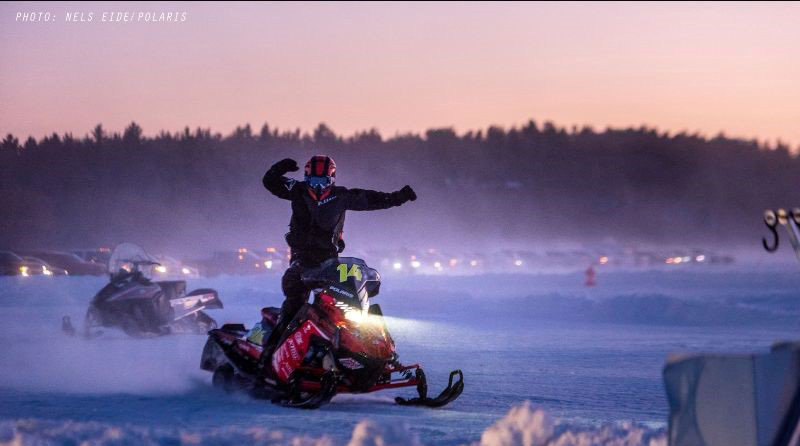
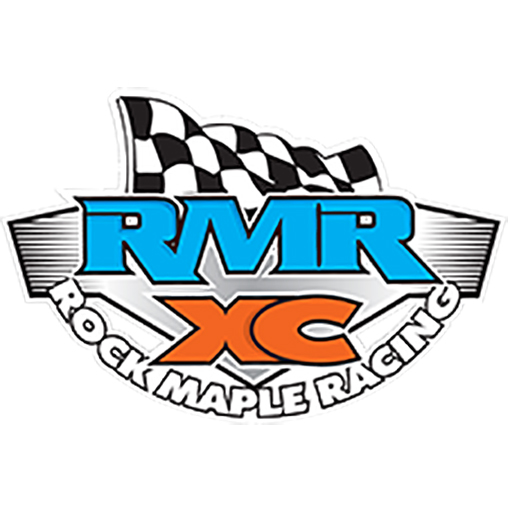
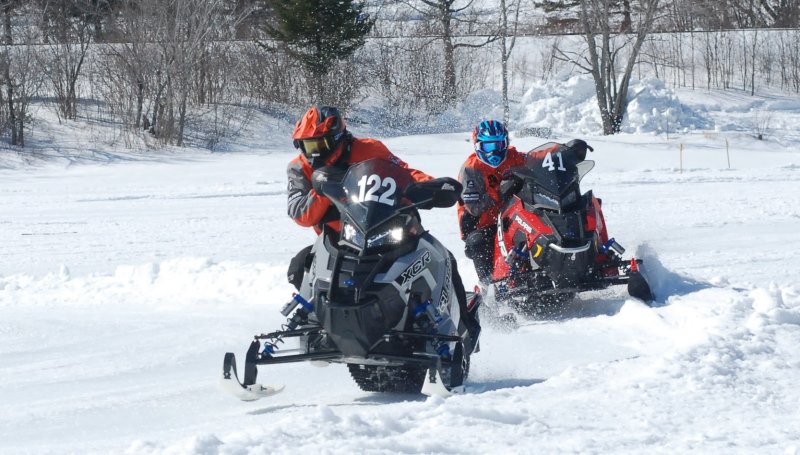
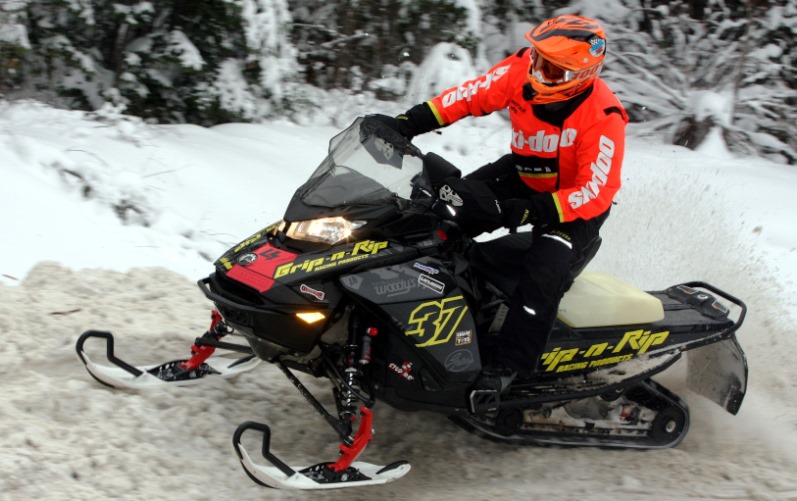
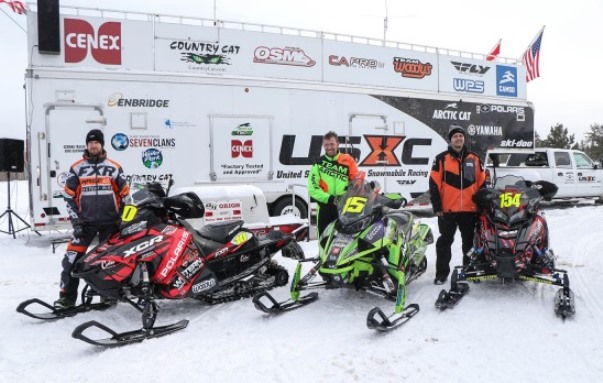
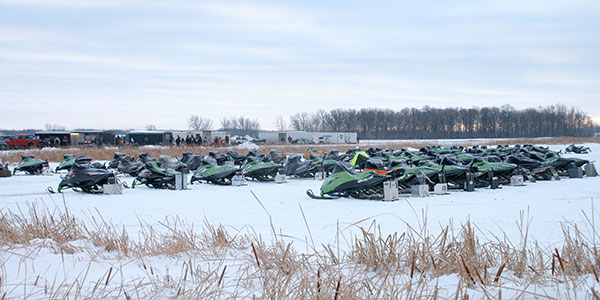
Please set up a race in Munising MI. I all signed up for my first race in the last event at Munising and the last minute it got canceled. Then they didn’t bring it back last year.